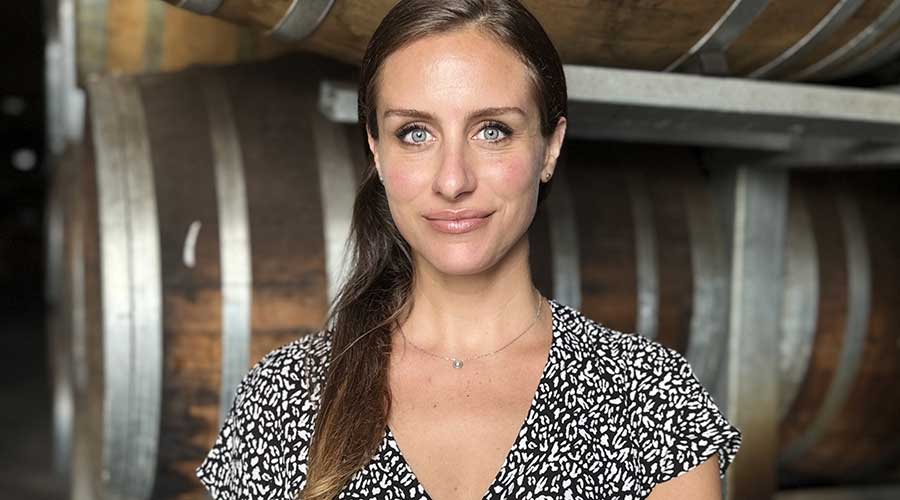How is sugar cane production in Mauritius?
In 2024, cane production amounted to 2,195,800 tonnes (down 10.5% compared to 2023). Cane production is estimated at around 2.2 million tonnes, yielding approximately 220,000 tonnes of sugar for the 2025 season.
The sugar industry remains important in Mauritius’ economic landscape. As Mauritius sells its sugar on the global market, prices do not encourage planters to continue their activity. In addition, climatic hazards complicate matters.
The sector has had to streamline its operations. Today, Mauritius has three main factories (Terra, Omnicane and Alteo) instead of around a hundred a century ago.
What are the challenges and obstacles behind the decline in production?
The 2024–2025 season suffered from a severe drought: cane height was reduced by half compared to normal levels in early 2025, before recovery rains arrived in early April instead of November!
Irrigation was banned, and only rain-fed cane grew normally at the start of the season. Labour shortages are also a persistent challenge, as is property development, which is reducing the area devoted to cane and undermining sugar and molasses production.
What impact will this have on molasses?
A reduced sugar cane harvest means less cane juice, and therefore less sugar and proportionally less molasses. This could lead to a shortage of raw materials for distilleries that use molasses.
What impact will this have on rum production?
It will have a direct impact on the production cost of molasses rum given the reduced volumes. Some are therefore considering focusing more on cane juice. The idea is also to emphasise quality over quantity: moving towards products with higher added value to compensate for lower volumes.
It is also necessary to reinforce the ‘terroir and authenticity’ message in an unstable climate context. With this in mind, we are actively working on the development of a geographical indication.
This approach is part of an overall strategy to promote the terroir and its specific characteristics, positioning Mauritius as a key player in the rum sector. The decline in sugar cane production is weakening the rum industry in the short term, but is pushing the Mauritian industry towards higher quality, better promotion of the terroir and a more sustainable approach.

